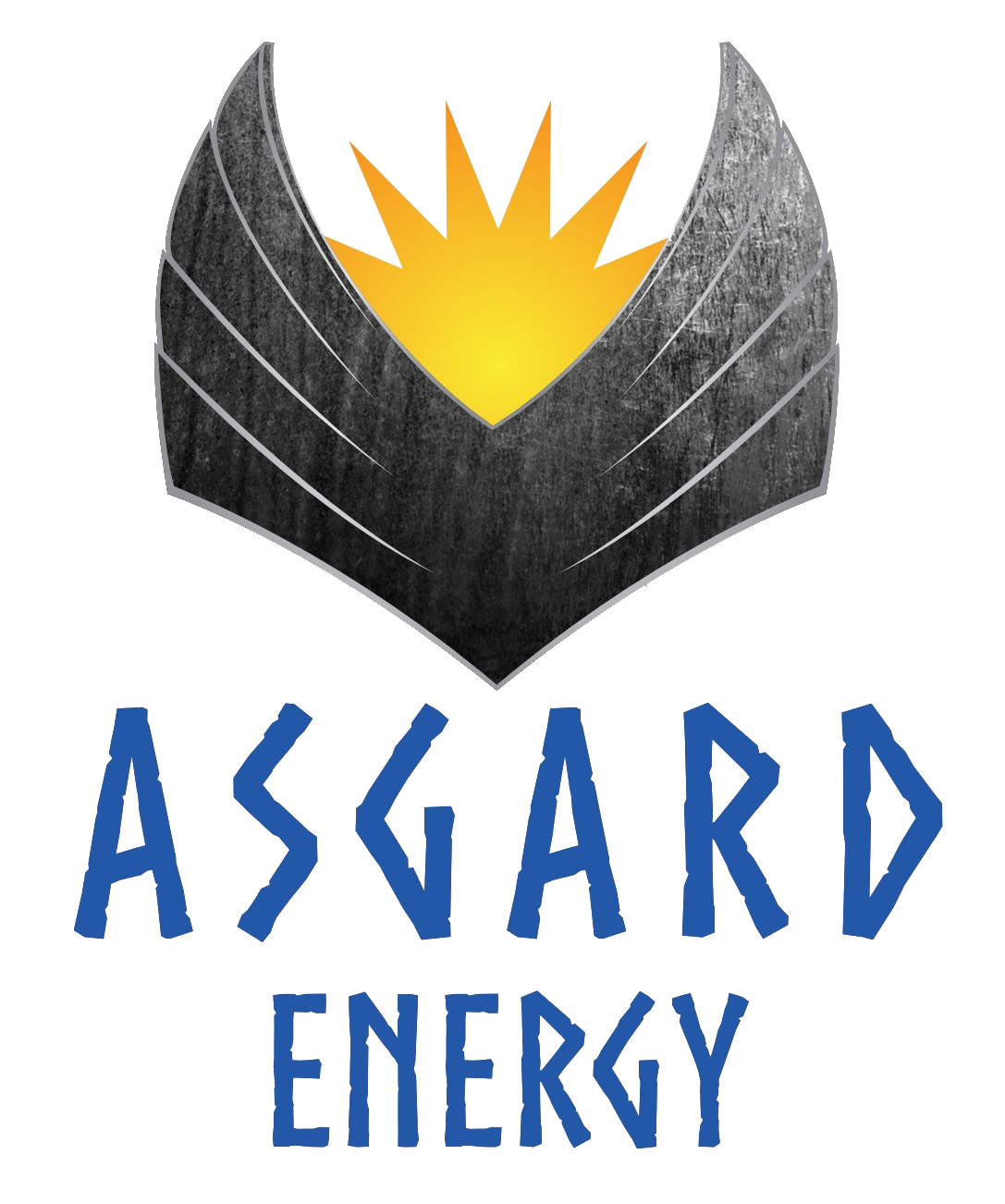Enhancing Your Home's Energy Efficiency: Practical DIY Tips and When to Call a Professional
Improving your home's energy efficiency is smart—it can reduce your energy bills, increase your property value, and lessen your environmental impact. Many energy-saving changes are straightforward and can be done yourself. In this blog post, we'll explore practical DIY tips for enhancing energy efficiency across your home and discuss when it might be time to call a professional.
1. Seal and Insulate Your Home:
Proper insulation and sealing can significantly reduce heating and cooling costs by keeping your home's temperature constant.
- Windows and Doors: Check for drafts around windows and doors. Seal any gaps with weather stripping or caulking.
- Insulation: Enhance insulation in key areas such as the attic, walls, and floors. Insulation materials like fiberglass, foam board, or cellulose can be handled as DIY projects, but be sure to wear protective gear.
2. Upgrade to Energy-Efficient Lighting:
Switching to energy-efficient lighting is one of the easiest and most cost-effective ways to cut energy usage.
- LED Bulbs: Replace incandescent bulbs with LED bulbs, which use at least 75% less energy and last 25 times longer.
- Smart Lighting Controls: Consider installing dimmers, timers, or smart light switches that automatically turn lights off when unnecessary.
3. Install Smart Home Technologies:
Smart home devices not only enhance convenience but also help in saving energy.
- Smart Thermostats: These devices adjust your heating and cooling based on your schedule and preferences, and can be controlled remotely through your smartphone.
- Energy Monitors: Use an energy monitor to track how much electricity your home uses and identify appliances or devices that consume the most power.
4. Use Energy-Efficient Appliances:
Appliances account for a significant portion of your energy consumption.
- Energy Star Appliances: When replacing old appliances, choose Energy Star-certified products that meet energy efficiency guidelines set by the U.S. Environmental Protection Agency.
- Maintenance: Keep appliances clean and in good working order. For example, regularly clean or replace filters in your HVAC system and ensure the refrigerator door seals tightly.
5. Water Conservation:
Reducing water use can also lower your energy bills, particularly if you have an electric water heater.
- Low-Flow Fixtures: Install low-flow showerheads and faucets to reduce hot water use without sacrificing performance.
- Water Heater Insulation: To prevent heat loss, insulate your water heater and the first six feet of hot and cold water pipes.
When to Call a Professional:
While many energy efficiency upgrades are suitable for DIY, there are times when hiring a professional is advisable:
- Complex Installations: Projects like installing solar panels or upgrading your electrical panel should be handled by licensed professionals to ensure safety and compliance with local building codes.
- HVAC Maintenance: Annual servicing of your heating and cooling system can extend its life and maintain efficiency, but a certified technician should do this.
- Insulation Upgrades: If you're considering spray foam insulation or are unsure of the correct type or amount of insulation needed, a professional assessment can be very beneficial.
- Electrical Work: Any project that involves major electrical changes should be done by a qualified electrician to avoid the risk of fire or injury.
Improving your home's energy efficiency doesn't just contribute to a healthier environment—it also boosts your home’s comfort and lowers your energy bills. Many effective upgrades can be achieved through DIY projects, but it’s important to recognize when a professional is needed to ensure the job is done safely and effectively.
Need Professional Help?
If you need help tackling an energy efficiency project on your own, or if you need more complex upgrades, consider contacting a local energy efficiency expert. Professional advice can help you make the most informed and safe choices for your home improvement projects.


